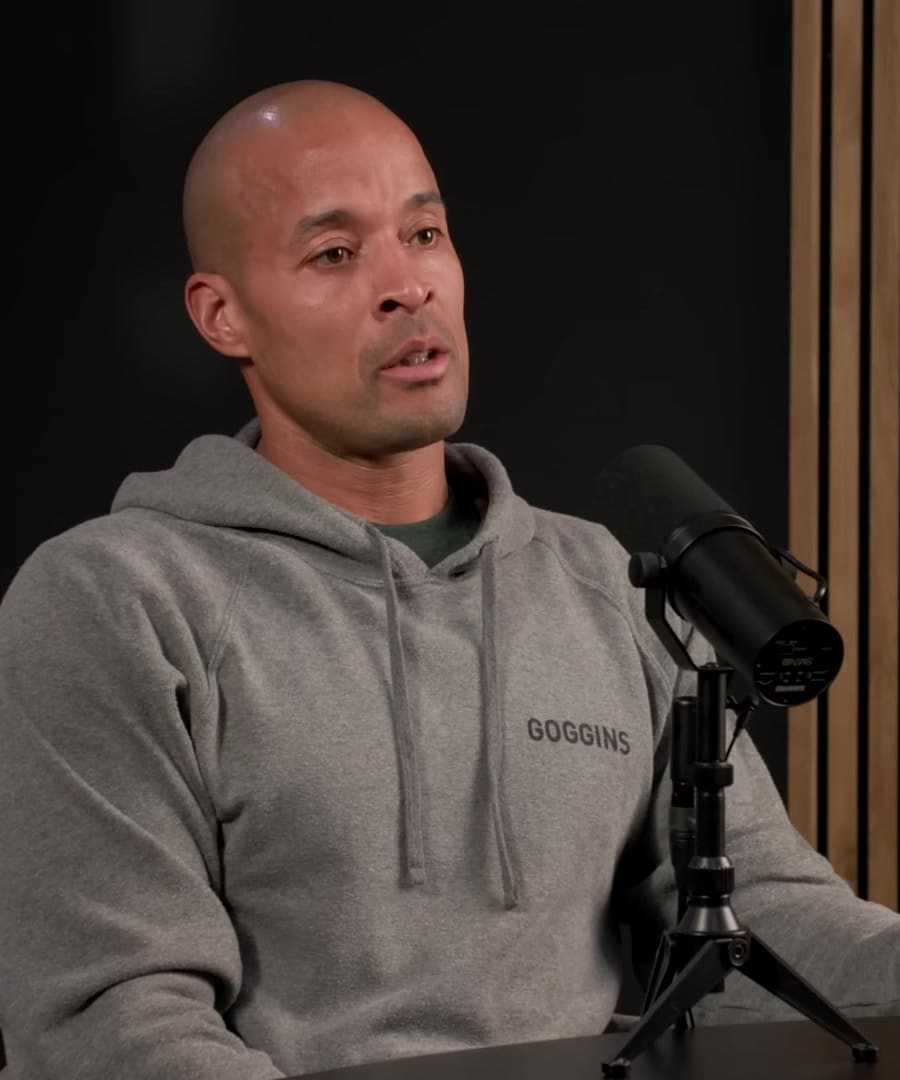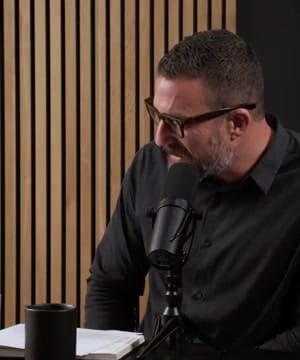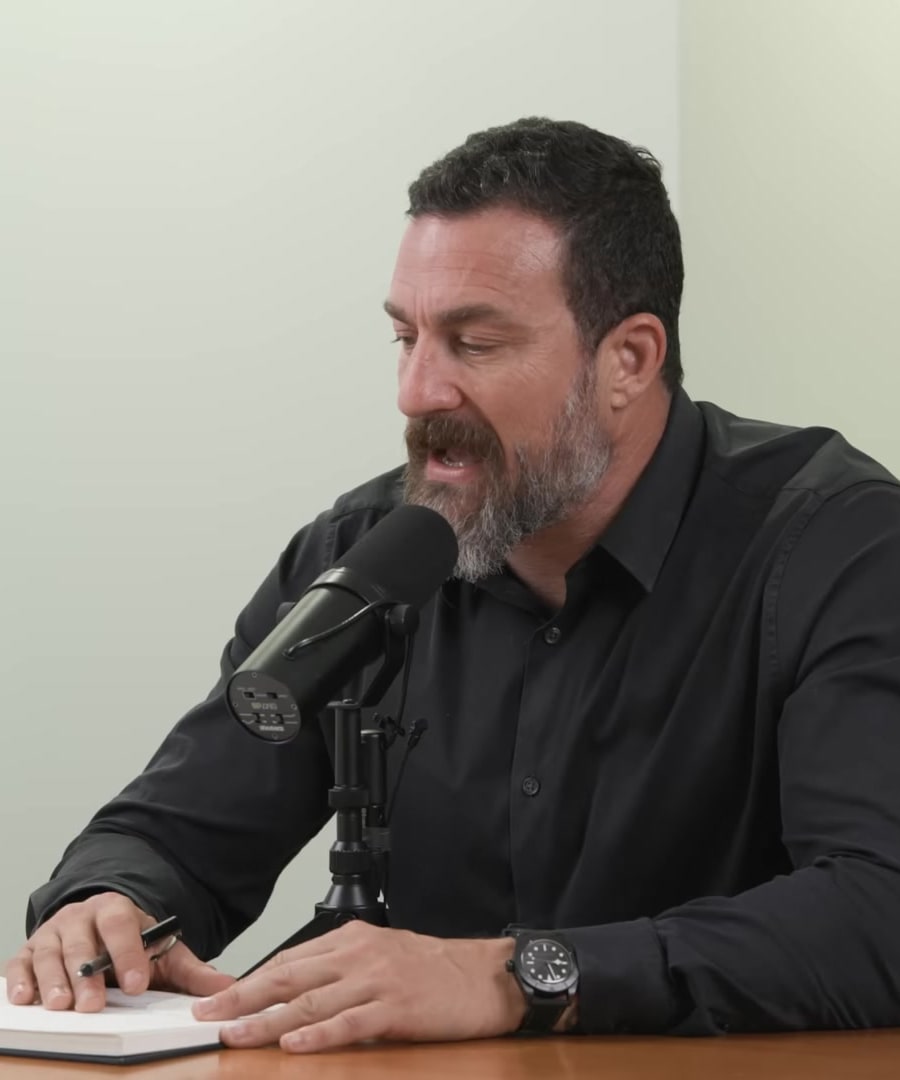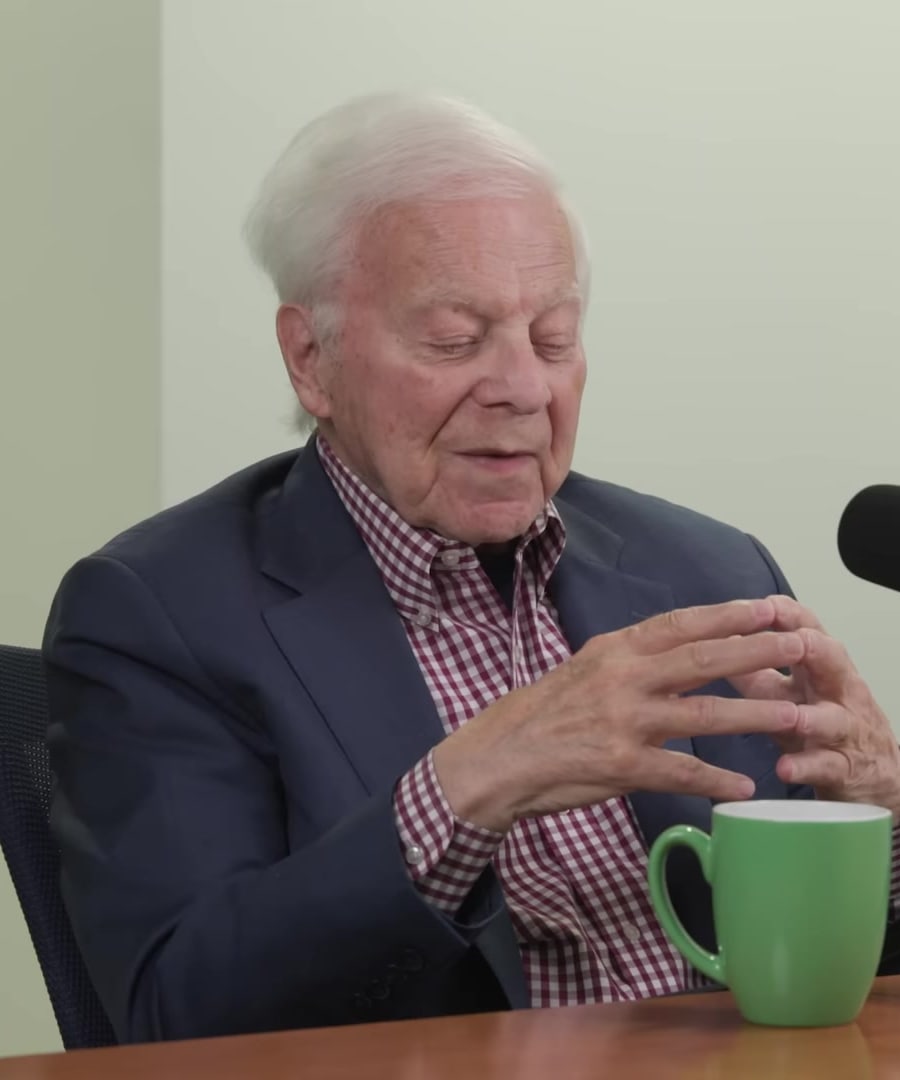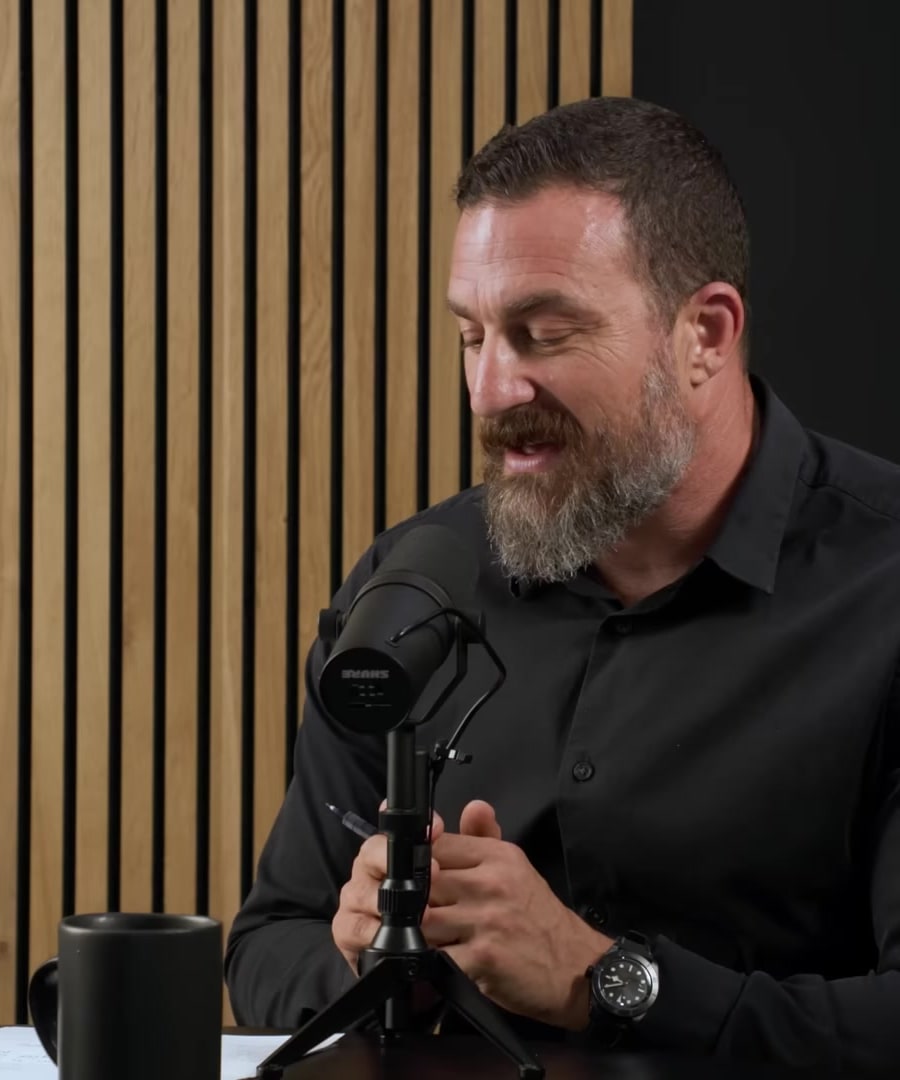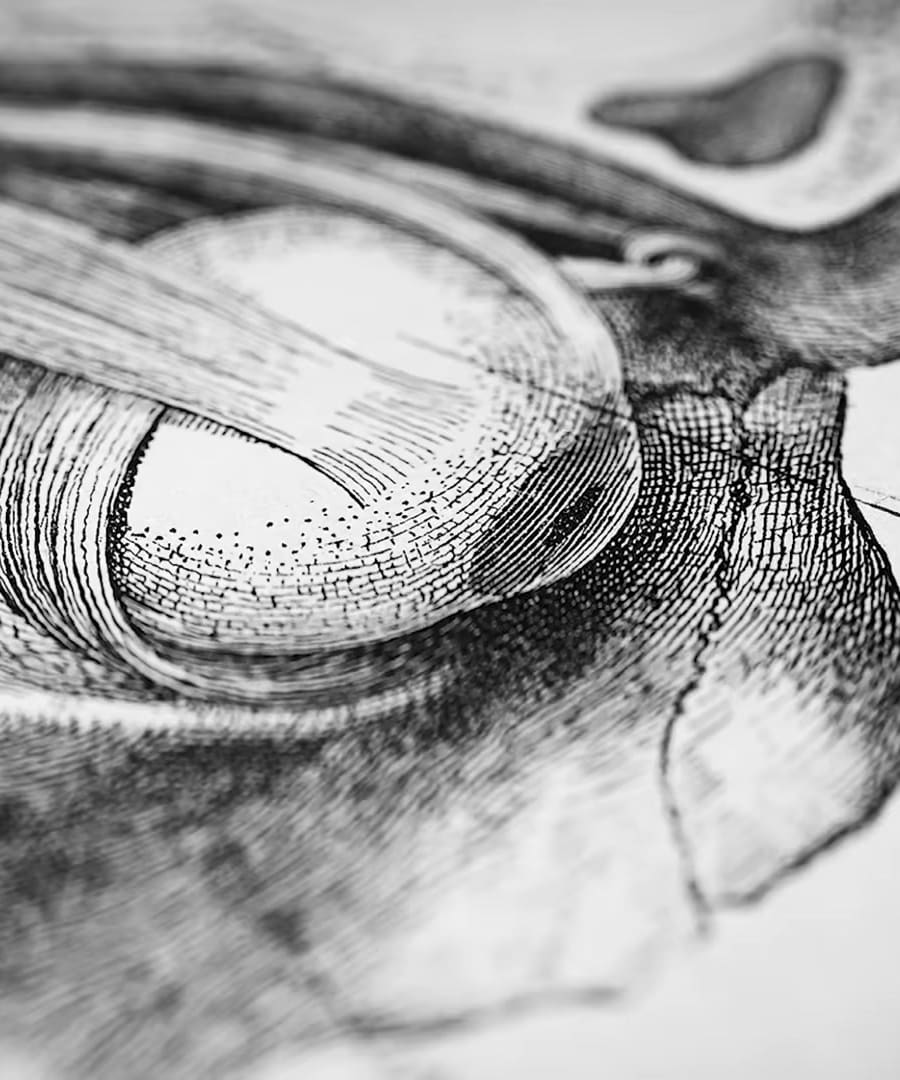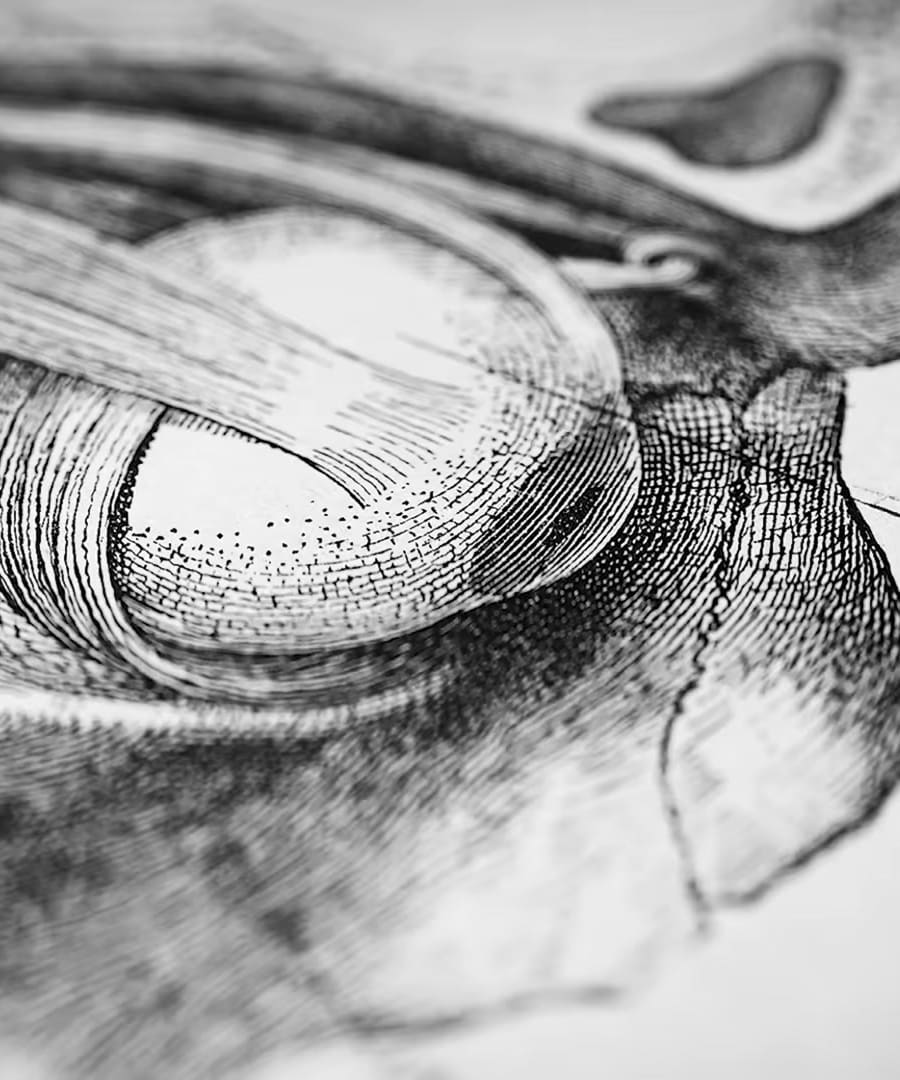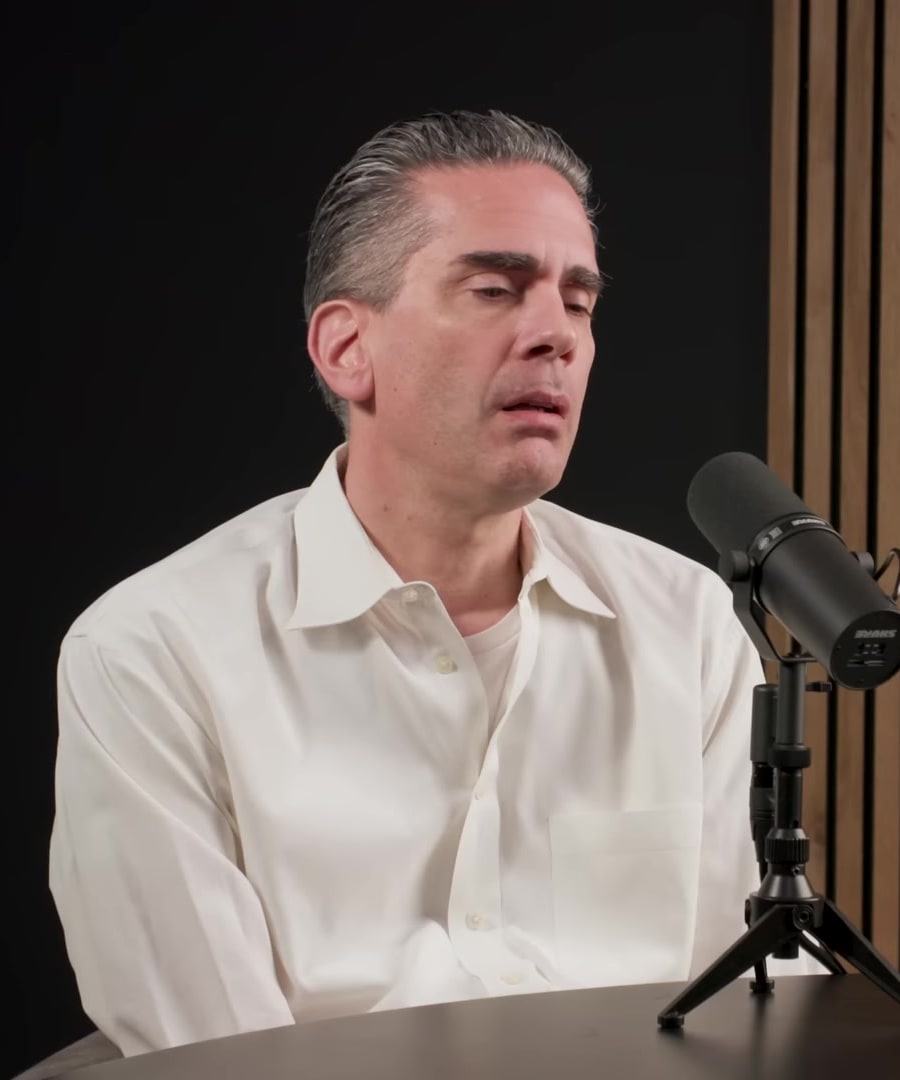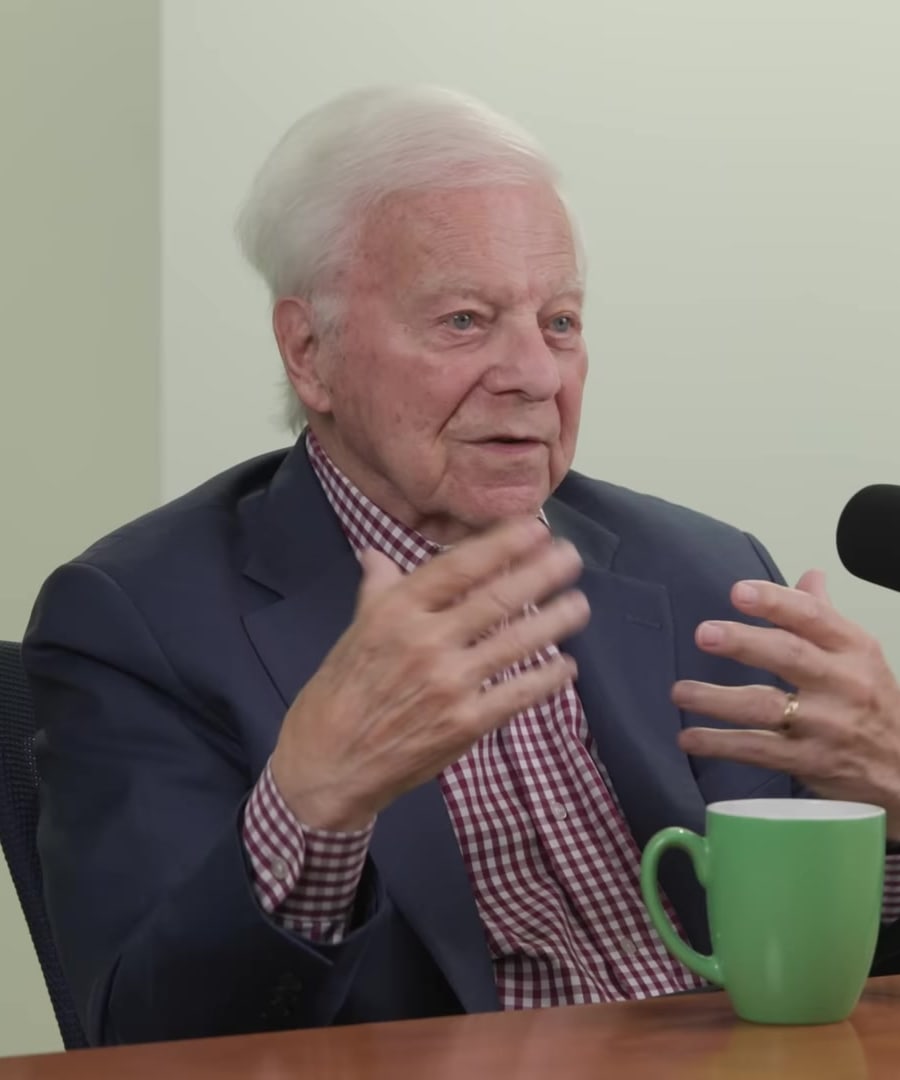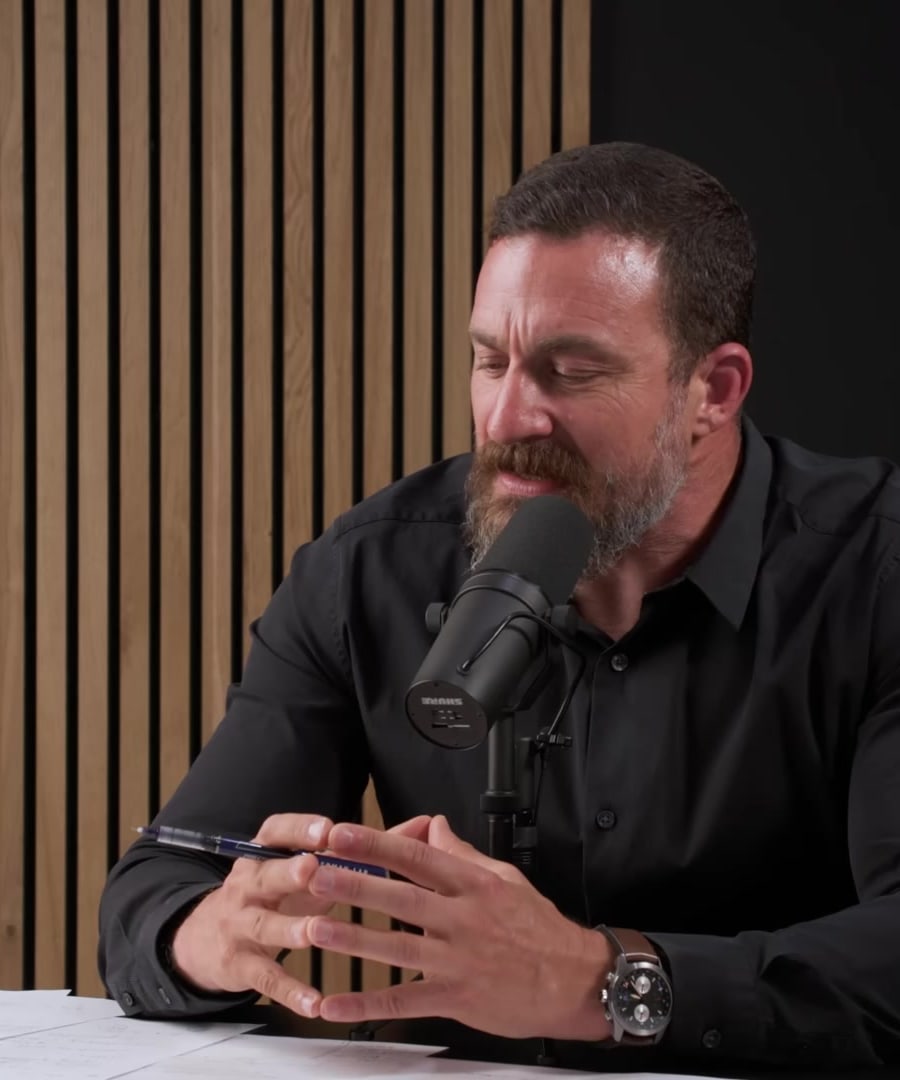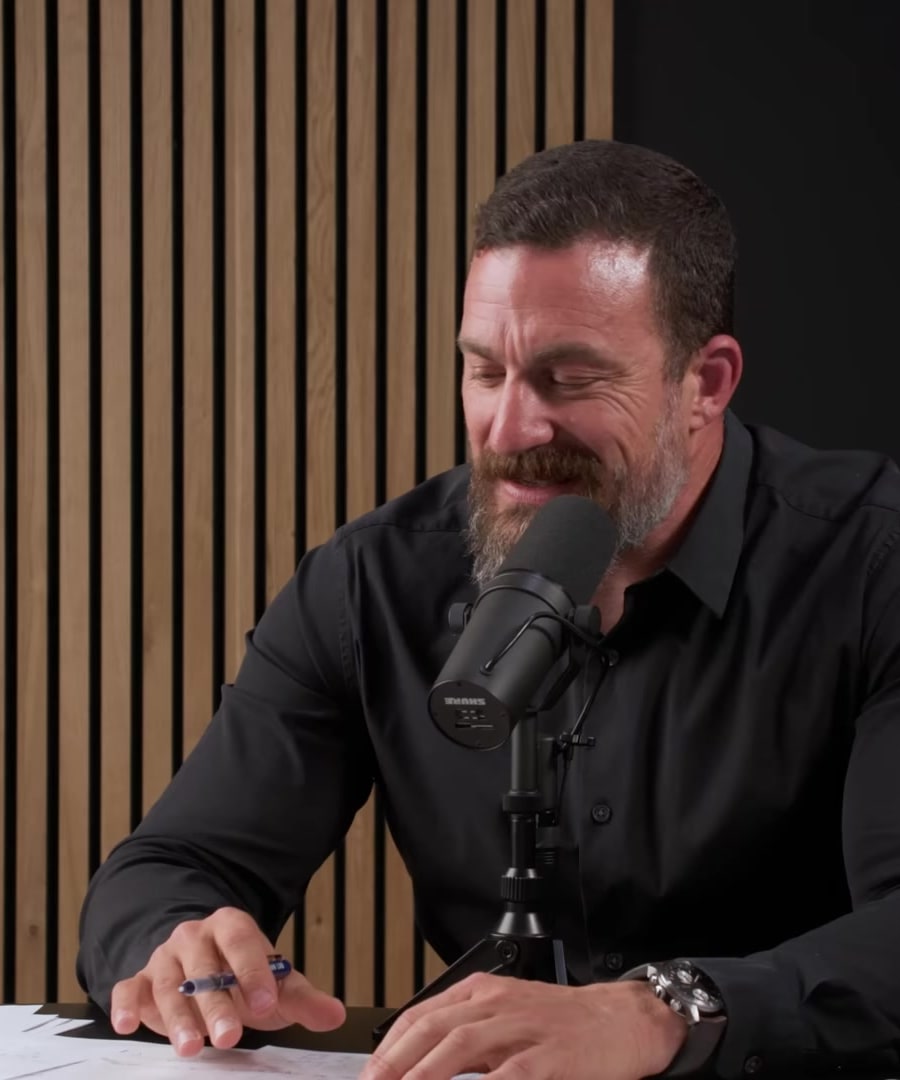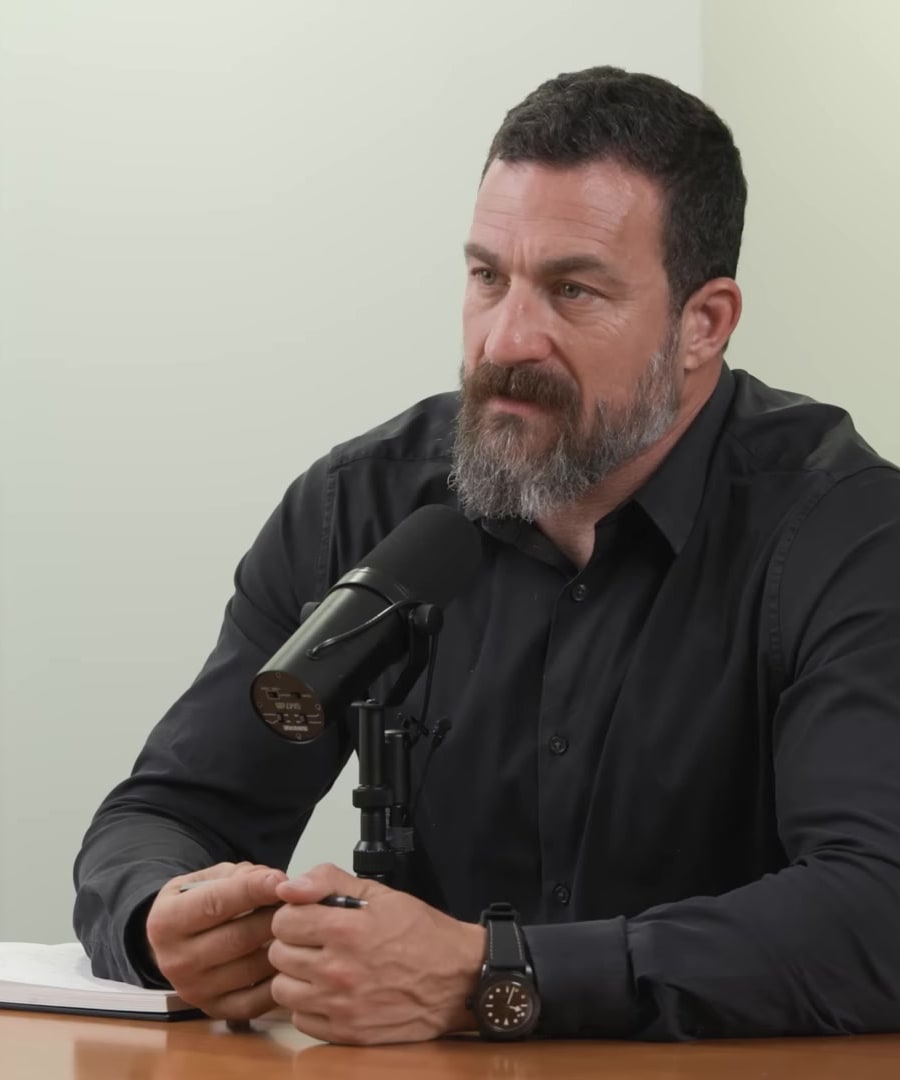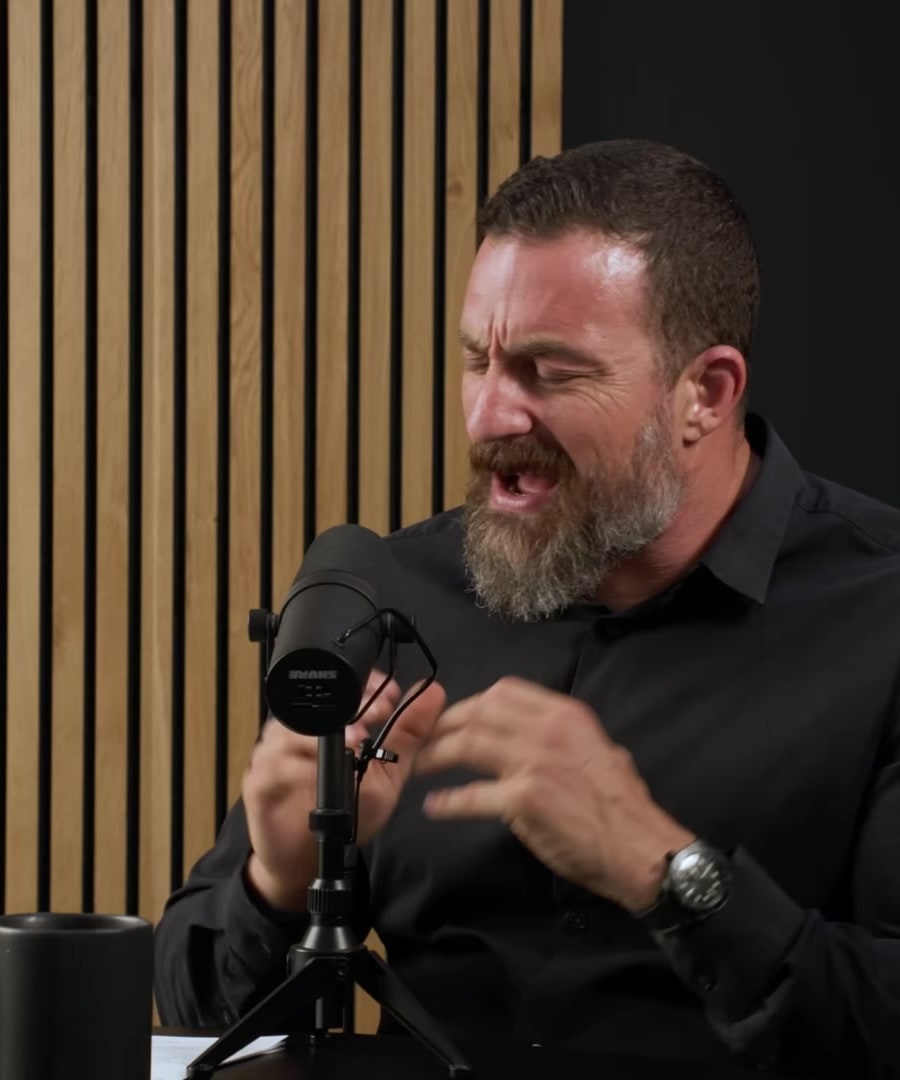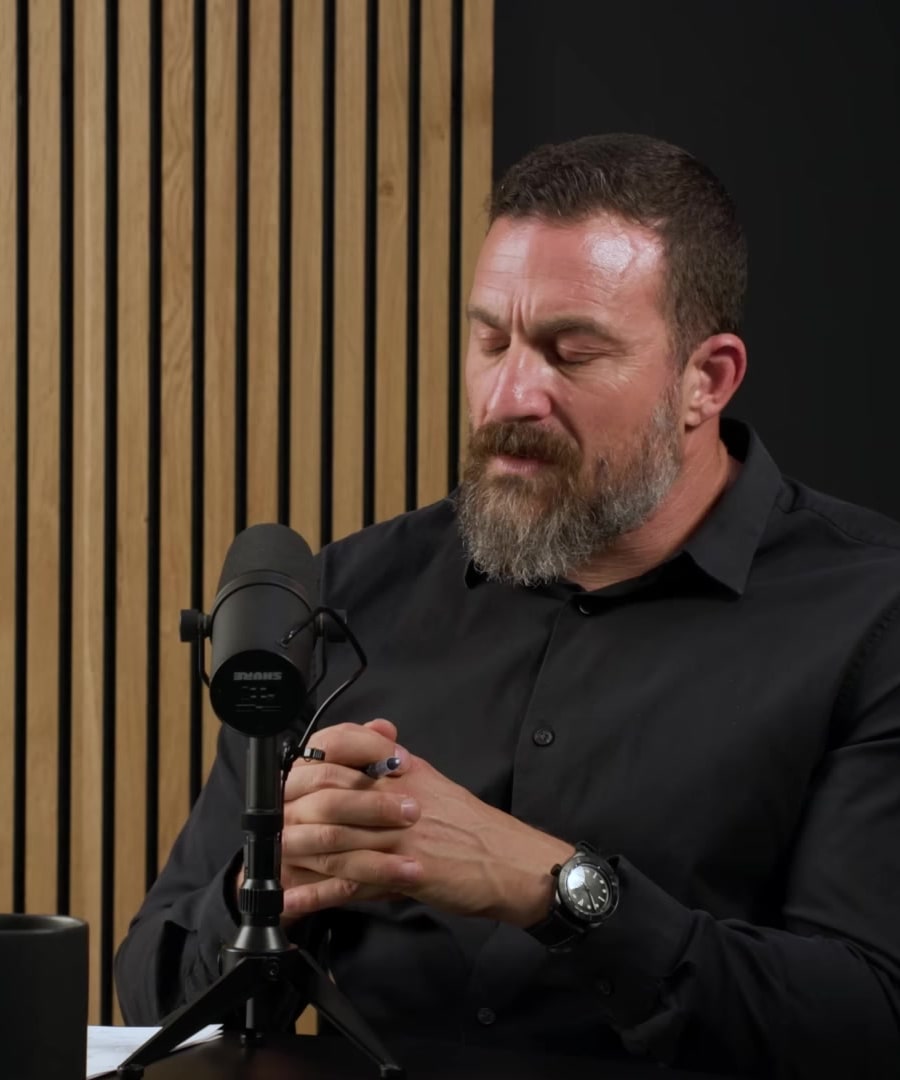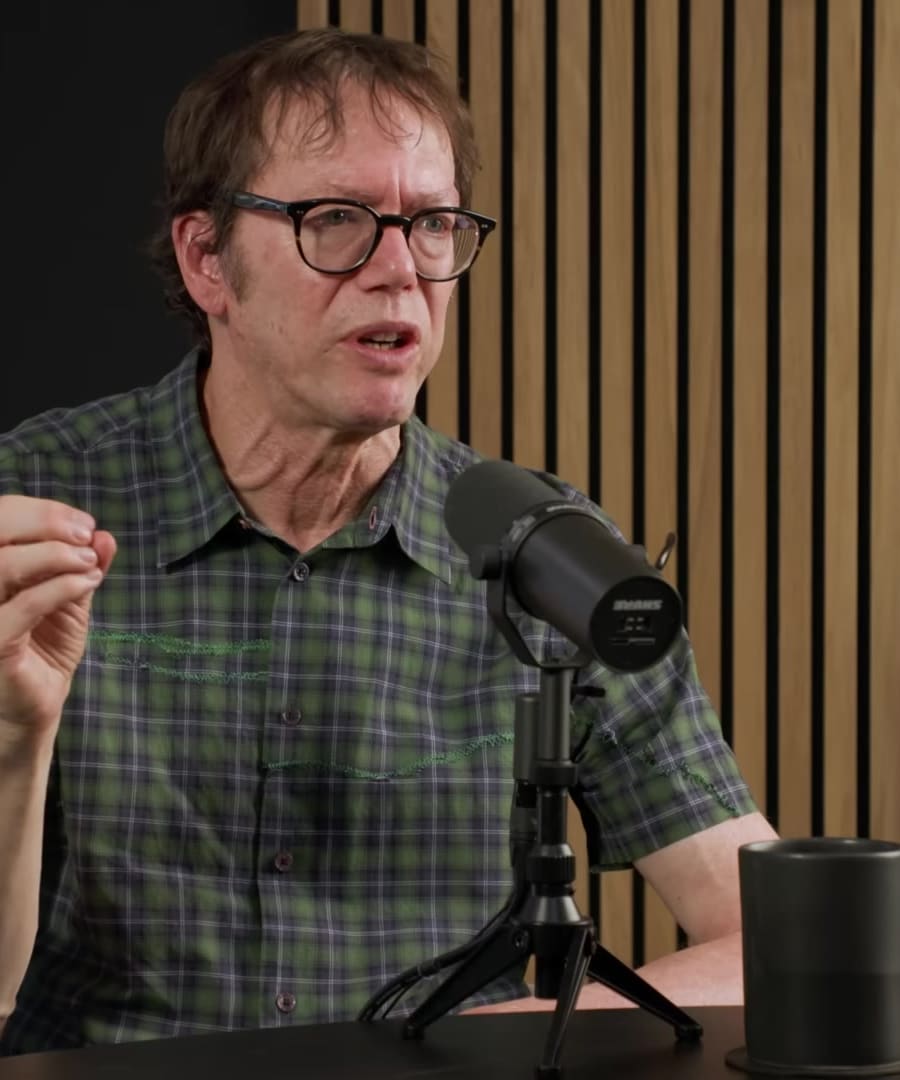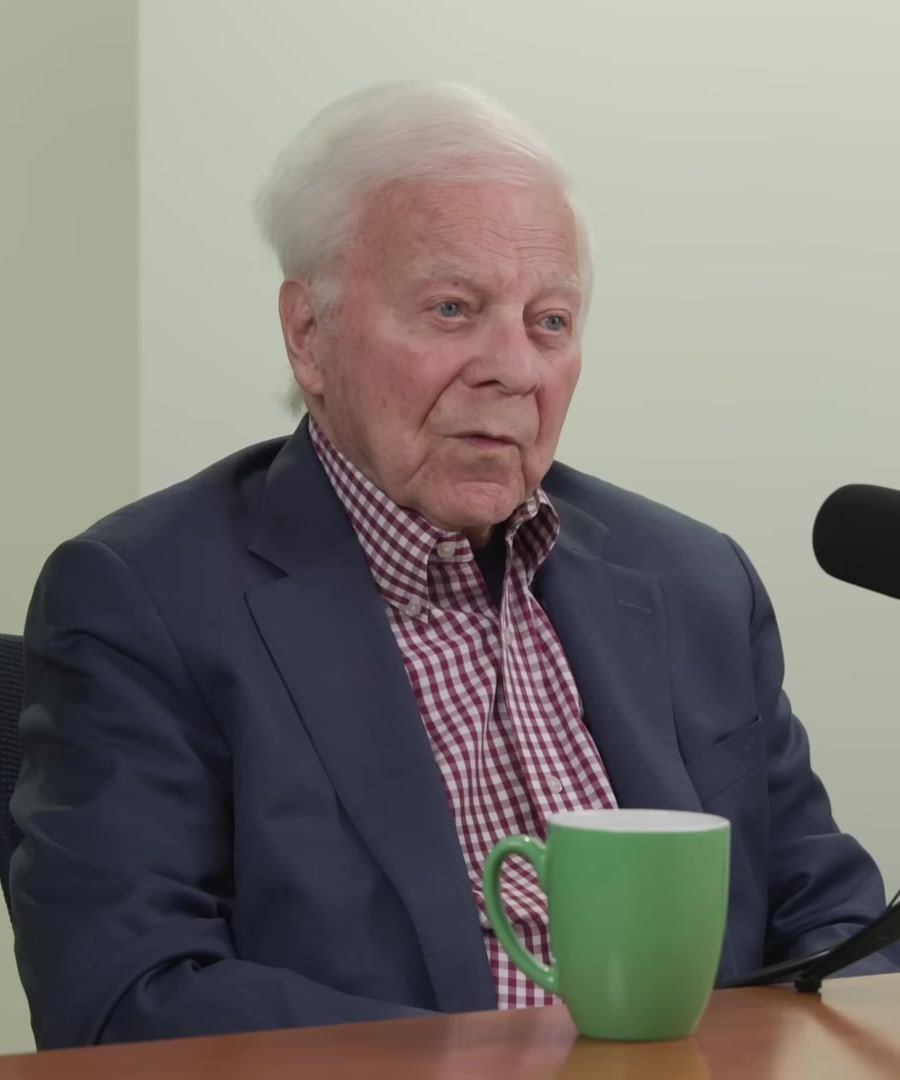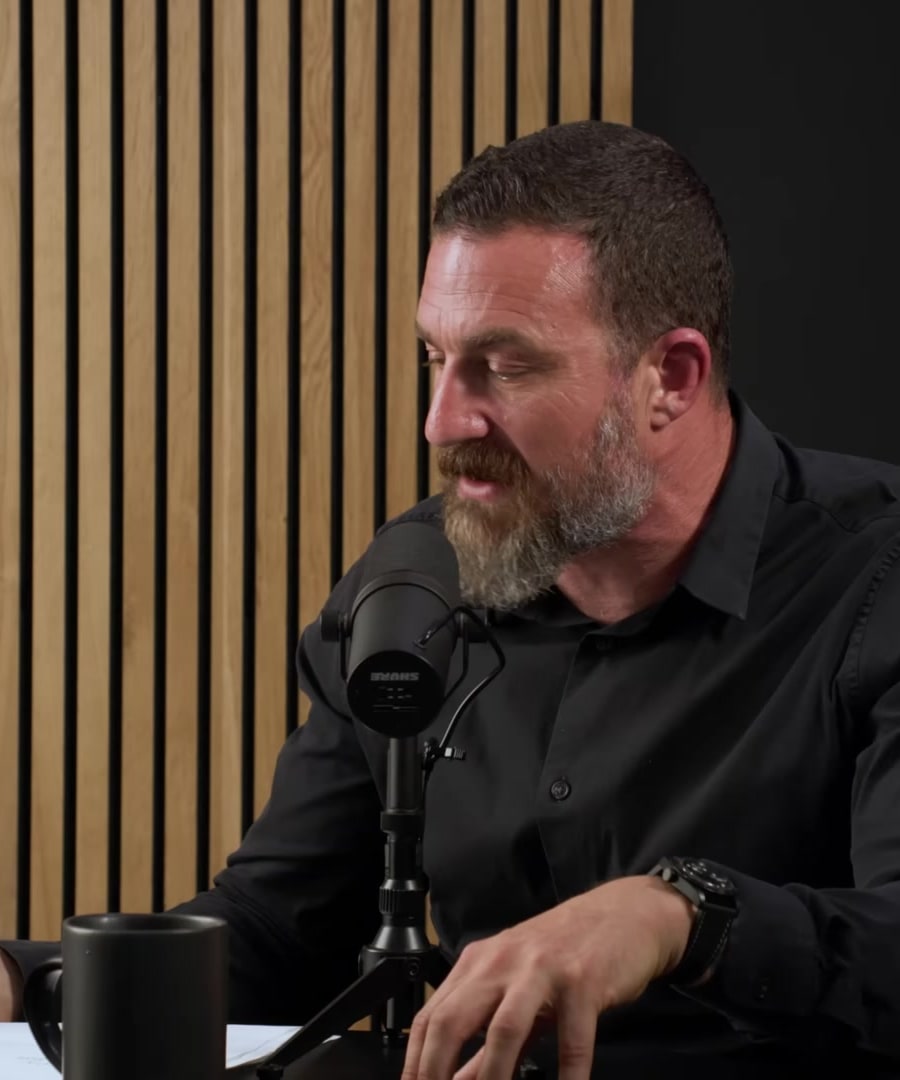How to find your purpose
Sources:
Finding your purpose involves several steps and self-reflection. According to insights from experts featured on the , here are some key approaches:
-
Self-Examination: David Goggins emphasizes the importance of intense self-examination and building willpower. By challenging oneself repeatedly and enduring difficulties, one can unlock hidden potential and discover true purpose 1.
-
Connections and Contributions: Psychological studies suggest that a significant predictor of life satisfaction is feeling connected to others and contributing to their well-being. Focusing on what you can do for others can enhance your sense of purpose 2.
-
Introspective Tools: Jungian psychoanalyst James Hollis recommends regular introspection and self-reflection. Tools like journaling, meditation, and spending time in nature can help in understanding intrapsychic patterns and reconnecting with your core self, leading to greater clarity on your life’s purpose 3 4.
-
Early Life Events and Interests: Robert Greene suggests looking at your early life events and core interests. These can provide cues about your intrinsic motivations and help steer you toward your unique path 5.
Combining these strategies can be effective in discovering and achieving a purposeful life. The process is not instant but requires consistent effort and reflection.
RELATED QUESTIONS-
What practical tools can help in finding purpose?
Sources:
To find your purpose, various practical tools can be effective according to experts featured on the . Here are some key strategies:
-
Mind-Body Practices:
- recommends methods to frame thoughts and emotions around life's pain points and goals. These practices involve self-exploration to understand what's essential to you, helping you pursue a more fulfilling life 1.
- These practices can include journaling, meditation, and self-reflective exercises.
-
Understanding Patterns:
- suggests using tools like his book "Mastery" to explore self-examination and the interaction between personal motivations and external interactions. This can help you find and pursue your purpose by understanding underlying psychological patterns and motivations 2.
-
Regular Introspection:
- emphasizes the importance of stepping away from daily routines to reflect. This could involve activities like spending time in nature, engaging in creative enterprises, or meditative practices. This helps in recollecting and reconnecting with your core self for better decision-making and aligning with your purpose 3.
-
Personalized Mental Health Tools:
- highlights the significance of tailored mental health approaches. By understanding individual fears, cravings, and depressive cycles, one can develop tools to mitigate these issues, thereby fostering a better mental state which is crucial for pursuing one’s purpose 4.
Utilizing these tools can guide you towards discovering and achieving your unique purpose in life.
RELATED QUESTIONS-
List clips similar to "Discovering Your Purpose"
Sources:
Here are some clips similar to "Discovering Your Purpose" that focus on personal journeys, advice, and insights related to finding one's purpose in life:
-
Finding Life's Purpose:
- In this clip, and discuss the importance of finding meaning in life through contributing to others and focusing on what you can do for others rather than solely seeking personal gain 1.
-
Embracing Life's Journey:
- talks about living authentically and not carrying others' expectations. He emphasizes the significance of finding personal meaning over societal success, urging listeners to show up for their own souls 2.
-
Finding Your Purpose:
- shares insights on finding one's purpose and how early life events can guide us towards it. He describes the internal radar that comes with having a sense of purpose and the excitement it brings to everyday life 3.
-
Learning the Hard Way:
- and discuss the value of hard work and the journey towards achieving excellence. They touch on the importance of learning work-life balance through experience and the admiration for people who give their all towards something 4.
-
Choosing Good Company:
- and discuss the importance of surrounding yourself with good people on your journey through life, emphasizing self-worth and building healthy relationships 5.
-
Path of Clarity:
- and explore mental health and provide a map for self-exploration, leading to clarity and empowerment. They highlight the significance of curiosity for self-improvement 6.
-
Living Authentically:
- and discuss the challenges of living authentically in a society that may not always approve, emphasizing the importance of staying true to oneself despite external pressures 7.
RELATED QUESTIONS-
How can I find my purpose?
Sources:
To find your purpose, consider these insights and advice shared by guests and on the :
-
Focus on Helping Others:
- suggests that focusing on how you can contribute to others' lives, rather than on personal gains, can lead to greater life satisfaction and meaning. This can be particularly motivating during challenging times 1.
-
Self-Reflection and Relaxation:
- recommends stepping away from daily stressors to reconnect with yourself through activities like working in nature, creative pursuits, or meditation. This helps prevent feeling unraveled and allows for better decision-making 2.
-
Understanding Neural Energy:
- Engage in activities that truly excite and engage you, rather than those offering immediate but fleeting gratification. emphasizes paying attention to what deeply interests you, which can guide life decisions and provide fulfillment 3.
-
Finding Your Unique Place:
- and discuss the importance of finding your unique slot in life where you can do the most good for yourself and others. This alignment helps you feel powerful and connected 4.
-
Emotional Engagement:
- Being emotionally engaged in a subject or task can accelerate learning and discipline. shares that finding something you're passionate about can significantly enhance your focus and persistence 5.
-
Living Authentically:
- Breaking free from societal or familial expectations can be essential. shares his personal journey of leaving his family's limiting beliefs to pursue a life that felt right for him 6.
-
Early Life Events and Purpose:
- Early life events can cue you to your purpose. Finding your life's task brings direction and is like having an internal radar that guides you through distractions and challenges 7.
-
Managing Choices and Influences:
- Too many choices can be detrimental. Having a sense of purpose helps filter out unnecessary distractions and focus on positive role models and mentors who can guide you effectively 8.
These principles collectively suggest that finding your purpose involves a mix of self-reflection, emotional engagement, focusing on helping others, and aligning with your unique strengths and interests.
RELATED QUESTIONS-
How to find your purpose
- RELATED QUESTIONS
What practical tools can help in finding purpose?
- RELATED QUESTIONS
List clips similar to "Discovering Your Purpose"
- RELATED QUESTIONS
How can I find my purpose?
- RELATED QUESTIONS
